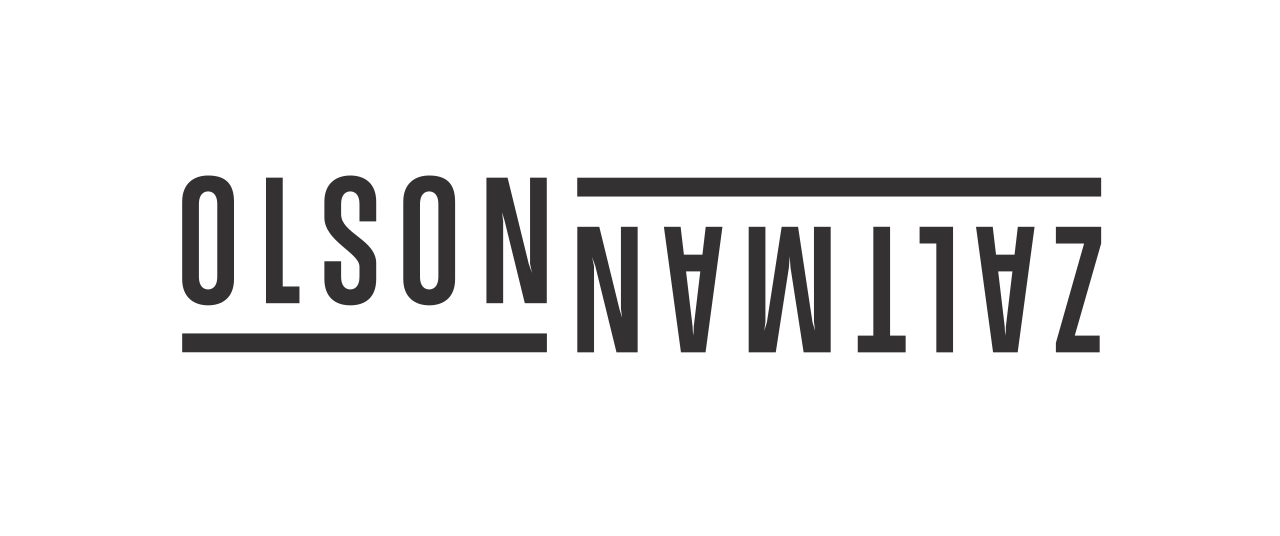“Fix It Again, Tony”
A recent episode of the CBC podcast, Under the Influence, a marketing-themed podcast, deals with brand nicknames – think about names like “Tar-zhay” and “Mickey D’s,” and the like.
The theme is that once these nicknames take hold, you are stuck with them. If it’s a positive nickname, then go ahead and roll with it. If it’s not, then spin it on its head and make it work in your favor. If you want to make up a nickname for yourself – e.g. Radio Shack’s ill-fated attempt to re-brand itself as “The Shack” – please stop. Consumers won’t see it as authentic.
Some examples:
Coca-Cola fought against the nickname “Coke” for 30 years. In advertising, they explicitly asked consumers to ask for a “Coca-Cola” not a “Coke.” Eventually, in the 1940s, they gave in and embraced the nickname. A campaign featured an elf known as “Sprite Boy,” who explained to consumers that “Coke” and “Coca-Cola” meant the same thing and that “Coke” is a term of endearment.
The name “Mickey D’s” originated in the African American community in the mid-1970s. Again, the brand debated for years whether to embrace the nickname or not. Eventually they did embrace it, and it became a central part of the brand’s identity. In fact, there are different nicknames for McDonald’s all over the world.
In the late 1970s and ‘80s, Fiat was known for really poor-quality vehicles, so much so that the brand was forced to withdraw from the North American market. It was so bad that consumers made Fiat into an acronym – “Fix It Again, Tony.” When Fiat returned to the market years later, the memory of that dubious acronym was still around, so the brand addressed it directly with this very clever ad.
As the host of the episode stated, a brand is like a burr on a wool sweater. Once a consumer-imposed nickname there, it’s there, it’s a part of your brand, and resistance can be futile.

